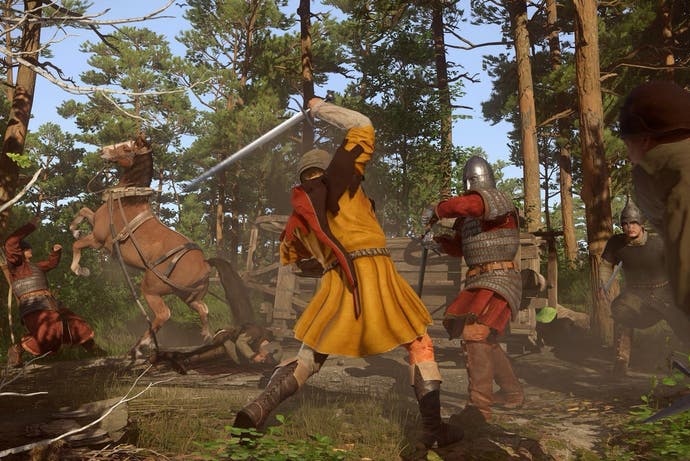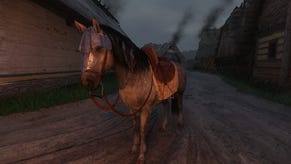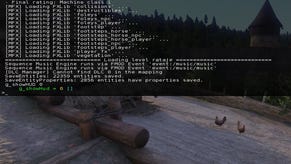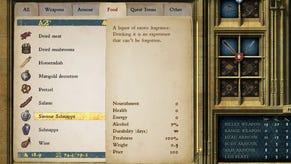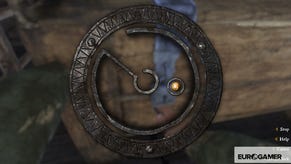Kingdom Come: Deliverance tips - a guide to surviving Medieval Bohemia
A collection of guides and our various Kingdom Come: Deliverance tips.
Kingdom Come: Deliverance is a bit of an oddity, in a lot of ways. Its systems are unusual and sometimes unclear, and its gameplay is built around them in a way that lends itself to the idea of realism and replicating the sensation of doing things for yourself.
Because of that, things are often done slightly differently to how you'd expect in the game, be that saving or potion-making or even combat itself. Here on this page, we've collected together a handful of wish-I-knew-that-before-I-started Kingdom Come: Deliverance tips, and it'll also act as our Kingdom Come: Deliverance guide hub, featuring links to all our individual Kingdom Come guids in one handy place, too.
Save up when you can
We explain this in detail in our guide on how to save and get Saviour Schnapps in Kingdom Come: Deliverance, but in brief, saving is a fairly rare opportunity in this game.
When you get the chance to save - be that passing by a bath house or Inn, or just when you can easily fast travel to and from your bed before a tricky task - you should take it.
Take the time to repair
Try to keep armour kits, blacksmith kits and tailoring kits on your person, and to repair your equipment after every fight. They're sold at the relevant merchants. Not only will this keep improve your Maintenance Skill, it will stop your equipment getting so damaged only a vendor can repair it - and this costs a pretty penny.
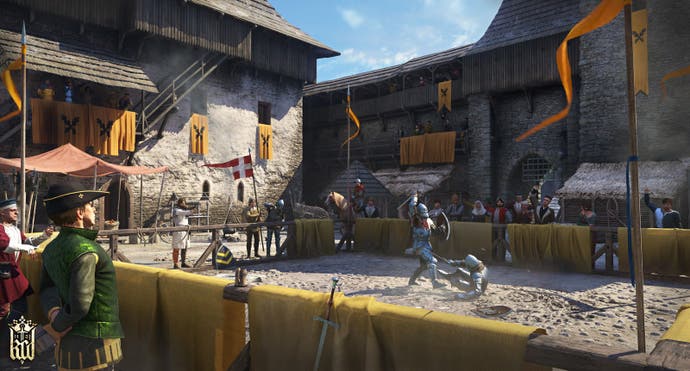
If you leave off repairing until later in the game, you may find equipment is too advanced for you to repair, so get in on the ground floor with your early game stuff.
Also, the better condition equipment is in, the more you can sell it for.
An easy and free way of getting your skill up is to collect damaged swords from downed opponents and then take them to a grindstone and sharpen them up. You know they're sharpened when all the blemishes and blood give way to a smooth, shiny blade. Sparks are good, smoke is bad. Some blades are a bit blotchy, though, so you could be earnestly sharpening for hours to no effect.
You can also gain skill by ruining your own blade by sharpening it badly and seeing smoke, and then sharpening it properly - visual clue: sparks - again.
Take the time to read up, literally, too
You can improve skills other than Reading by reading - or, more accurately, studying. They're an easy and often cheap way to bump up a skill. Buy them from scribes or most other merchants. You can also get recipes from books for very helpful potions, although they aren't cheap.
To study a book, find it in your inventory, use it, select study, and specify how long you want to study for. You'll see a "progress" percentage counter in the middle of the wheel. It takes a few hours to 'complete' a book or read it cover to cover, to use the game's lingo. Interestingly, you get both a bonus to reading speed and how much you learn from them if you're in a Reading Spot, which usually constitutes sitting down. The best reading spot is your bed.
Always pack a spade
There are treasure hunts in the game with buried treasure, and you will need a spade in order to dig it up - so get hold of one! You don't need to equip it, just have it in your inventory and you will be offered the option to dig.
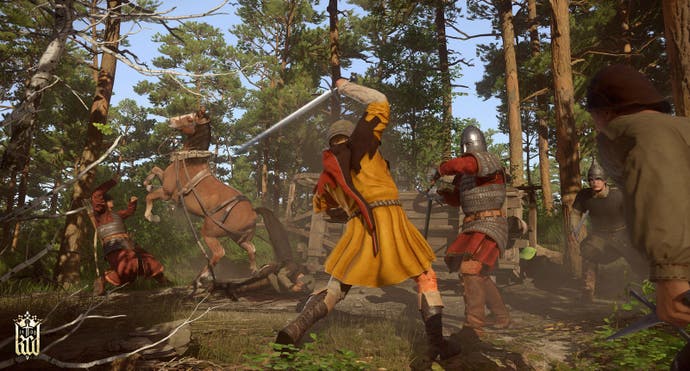
For more knightly tips and guides like this, we have a main page of various, helpful Kingdom Come Deliverance tips, as well as an explainer on how to save in Kingdom Come: Deliverance, a complete guide to all 25 Treasure Map and treasure locations, a comprehensive page on the tricky Kingdom Come: Deliverance lockpicking, how to pick locks and how to find lockpicks, as well as info on where to get Kingdom Come: Delviverance horse armour and how to find or buy a horse, too.
When in doubt, stab! Otherwise, be sure to train
Combat takes some getting used to but keeping your distance and stabbing as enemies approach often yields a free hit. Keeping your distance also means you can more easily back out of fierce strings of counter attacks, which are more common in better armoured and skilled opponents.
It's worth noting, while we're on the topic of fighting, that you can turn on crosshairs for your bow, which we explain how to do in our Kingdom Come: Deliverance console commands list, which comes in very handy during combat, too.
In terms of training, you can buy skill points in skill lines at vendors across the game world. You can also use combat arenas - labelled by the crossed swords on your map - to receive many helpful and free lessons about more advanced moves, particularly outside Rattay. Training like this gives you gains across all your combat skills while you're at it. Or you can just have a wooden sword fight for similar benefits.
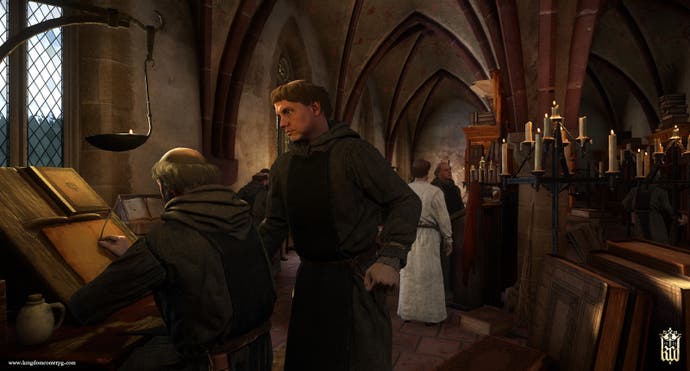
Stealth is often another option
Kingdom Come: Deliverance being the kind of open game that it is, there are often multiple ways to handle a situation. That includes the stealthy route, which is simply built around sound, light and overall conspicuousness - which you can see stats for in the character menu.
If you're cracking locks in particular, our guide to the tricky lockpicking and finding lockpicks in Kingdom Come: Deliverance should come in handy.
Play with ponies
Detailed mounted combat isn't in Kingdom Come: Deliverance but you can still swish your sword around while on horseback. You can also run people down and be knocked off your mount, although it takes quite a bump for this to happen. Furthermore, there are more than one type of horse available at a trio of stables across the world.
Fast horses are fun but you don't really need one. You could, on the other hand, use a very strong pack horse. Being able to hold significantly more equipment will make you a lot more money. If you're struggling, we've a guide on how to find a horse and how to get horse armour that should be just the thing you need.
Beans, beans, good for you heart - and if you can't get them, just remember to eat!
In pots above fires all around the world are beans, and you can help yourself to them - as well as poison them. It beats keeping a lot of food on your person which, in case you hadn't noticed, can go off and poison you. If a food's condition is low, it's no good.
Additional writing by Chris Tapsell.
